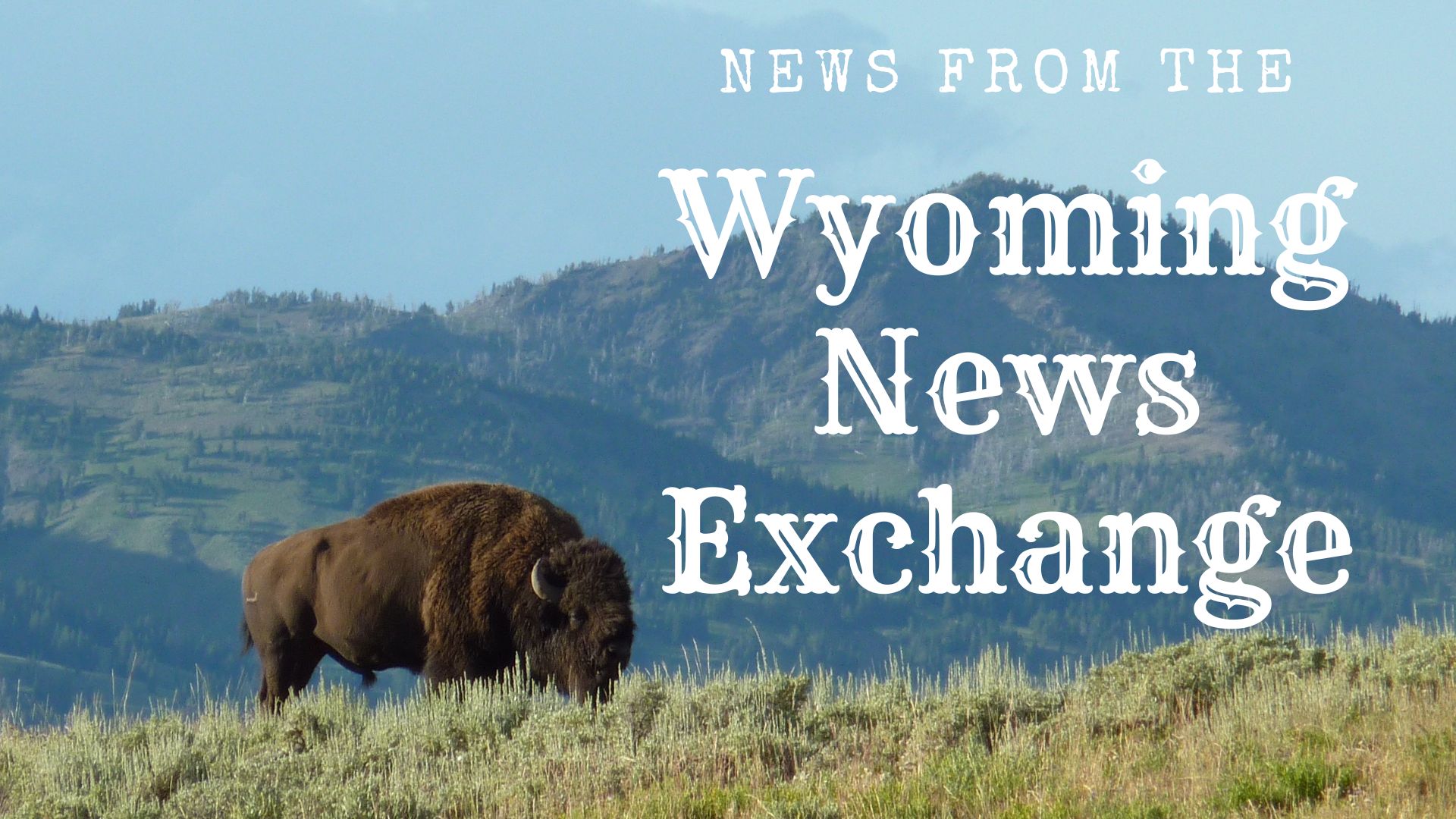10 conservation groups sue to protect wolves

CASPER —Conservation groups on Monday filed a suit to sue the U.S. Fish and Wildlife Service over its failure to list western wolves under the Endangered Species Act.
The conservation groups suing the FWS say the organization’s “not warranted” finding ignores obvious threats to the species, runs contrary to the best available science and relies on flawed population models for its determination.
Wolves are protected from hunters inside of Yellowstone National Park, but management of wolves outside of the park boundaries is in control of the states the park crosses into: Idaho, Montana and Wyoming. All three states allow for the regulated hunting of wolves.
The ten groups filing the suit include the Western Watersheds Project and the Western Environmental Law Center.
The cruel capture, display and delayed killing of the wolf last week sparked outrage online.
Daniel resident Cody Roberts allegedly ran the wolf down with a snowmobile — which is legal in Wyoming — and later brought the wolf into Green River Bar with its mouth taped shut before killing the wolf behind the bar.
The Wyoming Game and Fish Department fined Roberts $250 for possessing a live wolf. Further charges are unclear, as the wolf was caught in an area where little regulation is needed to kill wolves, and animal cruelty statutes don’t apply to hunting predatory animals.
“The current killing regimes in Idaho, Montana, and Wyoming put wolves at obvious risk of extinction in the foreseeable future, and this core population is key to wolf survival in the West,” Erik Molva, Executive Director of Western Watersheds Project, said in a press release. “The U.S. Fish and Wildlife Service is playing politics, pretending that the anti-wolf agendas of state governments constitute adequate conservation regulations and that the small and vulnerable condition of fledgling wolf populations elsewhere in the West somehow protect the species from extinction.”
Gray wolves in Wyoming were delisted from the endangered species list in April 2017.
The FWS in a press release announcing their delisting said that Wyoming’s “annual wolf numbers reveal an enduring healthy population, with approximately 377 wolves in 52 packs with 25 breeding pairs.”
A Wyoming Game and Fish study from Dec. 2022 found that at least 338 wolves in more than 41 packs, including at least 23 breeding pairs, inhabited Wyoming statewide.
The conservation groups allege that some of the studies used to determine the stability of the wolf population included a “deeply flawed modeling exercise,” and that other studies found that the Montana wolf population model was biased, overestimating total wolf populations by as much as 50%.
“The service’s finding seems to give the green light for states hostile to wolves to follow suit with Idaho, Montana, and Wyoming’s aggressive killing regimes if they are eventually delisted and transferred to state management West wide,” Western Environmental Law Center attorney Kelly Nokes said. “But wolves have yet to recover across vast portions of the West, and they exist in only small populations in the West Coast. In Colorado habitats, they are slowly reinhabiting. This legal challenge asks only for the protections needed for this iconic species to be rightfully restored across the West’s wild landscapes—protections that some states have shown only the Endangered Species Act can really provide.”
Independent Cattlemen of Wyoming Secretary Judy McCullough told the Star-Tribune the statewide protection of the wolf would cause problems for ranchers.
She told the Star-Tribune when the wolf was federally protected in Wyoming “it became a desperate situation, which is why the governor at the time and the legislature worked hard to get what we got.”
Wyoming has management areas for wolves. Wolves can be hunted as a trophy animal in the northwest part of the state within regulations and with a license.
No wolf hunting is allowed in Yellowstone National Park.
Wolves can be killed with little regulation — no license is required — in any other portion of the state as wolves are defined as predators.
“One thing about ranchers is we do have respect for life — I don’t think that there’s a rancher out there who wasn’t sickened by the idea of what that guy did,” McCullough said. “They’re more angry about what that might do to them if they (relist that predator.)”
This story was published on April 9, 2024.








